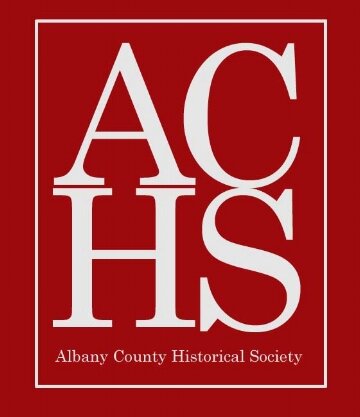Stuck in the Blizzard of ’49; Quita Pownall relies on Strangers
Laramie resident Quita Crandall Pownall remembers one of the worst winters ever, the Blizzard of ’48-49. She experienced it going back and forth to Stevens College in Missouri, then a two-year school for girls. At Christmas, 1948, Quita Crandall and her younger sister Nancy, a student at the same school, had come home. In those days, the fall semester didn’t end until after the holiday.
So in early January, 1949, both girls got on the train in Rock Springs to travel east to Columbia, Missouri. “The storm wasn’t bad,” Quita remembers, and they had an uneventful trip as far as Rawlins.
Stuck in Rawlins
But there had been a series of blizzards starting around Christmastime in eastern Wyoming that halted all traffic—their train full of holiday travelers was stuck near downtown Rawlins for several days. Quita recalls that to break the tedium, the train officials set up a bowling alley in the aisles to play games for entertainment.
When passengers got tired of that, a building in town was opened up for listening to music and dancing. Many, including Quita, trudged through deep snow several blocks and enjoyed what might have been a local dance band along with recordings to entertain passengers. Unfortunately, Nancy had come down with the flu, and stayed bundled up in the sleeper car.
Stuck in Laramie
Eventually the tracks got cleared of snow and the Union Pacific train was sent on to Laramie—where it promptly got stuck again. This time it was too far south for town access and they were stranded even longer. The train crew started rationing food because their supplies could not be replenished.
“They did have a little heat—not comfortable heat—but they gave us blankets and it was warm enough. There was nothing we could do except talk to each other and wait for news,” says Quita.
Eventually they did get going, and made it to Missouri. Quita finished the semester and graduated with her diploma from the junior college. She left toward the end of January, bound for Rock Springs and eventually to the family home at Moose, Wyoming. Nancy was still in school, so this time Quita was alone on the train.
Stuck Again!
Quita learned the train would be halted by snow in Laramie and the highway was already closed, so she took the opportunity to check out UW as a possible place to continue her education. She looked up her good friend, Dorothy Bain, then a sorority girl at UW. She planned to be on the westbound train when it started up.
However, the snow never stopped; a full-blown blizzard developed. Quita was forced to spend the night at Dorothy’s sorority, which bent their rules for one night only. The next day, the train with her luggage had gone on but Laramie was now completely snowbound. The sorority insisted that Quita go to the Connor Hotel, which was full of stranded motorists.
Stranded in Riverton
Quita had no funds and no change of clothes after paying for her night in the hotel, and there was no indication that there would be trains any time soon. Eventually, however, the highway did open up for motorists.
A man she met at the hotel was going west—he gave Quita a ride to Rawlins though they moved at a snail’s pace for the 100 mile trip. He, a total stranger, loaned her the money for a commercial plane to Riverton.
Mail Truck Rescue
At Riverton she was given a ride to a hotel where she told them the story of her saga.
“One of the other guests was the editor of the Jackson newspaper,” she recalls. “When she heard my story, she lent me money for a few nights’ stay in Riverton.” Quita was grateful that this woman who was also a stranger to her was able to arrange a ride for her on the mail truck to Dubois when the roads opened up.
She had sent a letter to Moose letting her parents know when she left Missouri—but they had no phone, so mainly what they knew was that she was “lost somewhere in Wyoming.”
Snowplow Rescue
From Dubois, Quita got a ride with the snowplow operator over the pass to Moose. “All those strangers helped me along the way,” she says, pointing out that in the blizzard conditions, “everybody was in the same situation,” and had to help and trust each other.
Quita’s worried mother, Hildegard Crandall, had taken to snowshoeing daily from their home in Moose to the highway where the post office was—a one and a half mile trek. She carried an extra pair of snowshoes, just in case Quita showed up. “Finally I did get there, and by coincidence, my mother was there, still waiting for me like she had so many other days,” Quita recalls.
“So that’s my Blizzard of ’49 story,” says Quita.
Note:
This article is based on an oral history archived at the LPM. Quita’s father, Harrison Crandall, was a noted artist, photographer and gift shop operator at Grand Teton National Park. Her parents were married in 1922 and had homesteaded upcountry on land that they had to leave when Grand Teton National Park was formed. They built another home in Moose, but when Quita was born in 1928, they lived in Jackson. Quita and her late husband Herb Pownall, moved to Laramie in 1958.
By Judy Knight
Caption: Quita Crandall, c. 1948 Photo courtesy of Quita C. Pownall
